India has signed a DTAA (Double Tax Avoidance Agreement) with Ireland, with the intention of avoiding double taxation on the same income in two different nations. Countries that sign and enter into this agreement enjoy numerous tax benefits on various types of earnings. The DTAA agreement applies to residents of either or both India and Ireland while facilitating enhancement in trade relationships and economic growth.
In this blog, we will discuss the importance of the DTAA between India and Ireland, examining its relevance to both nations and the taxes covered under this treaty.
Understanding the DTAA Between India and Ireland
The India-Ireland DTAA is a bilateral agreement signed to boost investment and trade between the two countries. It signifies that an entity or an individual will not be taxed twice on one income by assigning tax rights between the two nations. Furthermore, the residents of either nation are subject to specific tax exemptions and credits under this tax treaty.
Although the agreement includes a standard article of non-discrimination, according to the agreed protocol, India has the right to charge an Irish company that has its permanent establishment in India at a tax rate which is higher than that imposed on the profits of a similar company situated in India. The Double Tax Avoidance Agreement (DTAA) between India and Ireland covers various income types, such as royalties, dividends, interests, and technical service fees.
Different withholding tax rates are applicable to different types of income. Furthermore, the tax treaty also avoids the burden of double taxation on earnings received from aircraft and shipping in international traffic.
What is the Importance of DTAA Between India and Ireland?
India and Ireland share essential commercial and cultural links. Ireland is one of the most significant retail partners of India in the European Union (EU). On the other hand, India is Ireland's rapidly growing export market in the Asia-Pacific region. The DTAA between India and Ireland is significant to boost commerce and investment between both nations.
Ireland provides several IT and software services to India, and various Indian IT businesses have their headquarters based in Ireland. This DTAA tax treaty helps in reducing tax rates on royalty payments made by Irish firms to Indian businesses with the aim of using their software.
Similar to Ireland, India also serves as an attractive market for individuals with an interest in investment and trade. Numerous Irish organizations hold a main presence in various sectors of the Indian market, including technological, educational, and pharmaceutical services. Therefore, the provision of a reduced rate of tax on interest payments by an Indian company to an Irish business helps in building and strengthening commercial relationships with each other.
What are the Taxes Covered Under the DTAA?
Article 2 of the India-Ireland DTAA specifies the taxes covered under this tax treaty, which are as follows:
- The agreement applies to the following existing taxes:
- Ireland:
- Income tax
- Corporation tax
- Capital gains tax (also referred to as "Irish tax).
- India:
- The income tax that contains any surcharge (also referred to as "Indian tax").
- DTAA may apply to taxes on capital gains and income enforced on behalf of one contracting state, or its local authorities or political subdivisions, regardless of how it gets charged.
- This treaty will apply to any identical or similar taxes levied after the convention is signed. Additionally, one contracting state's competent authority will be responsible for notifying about any changes in the taxation laws to the other contracting state.
- All taxes charged on total income or elements of income that include capital gains from the transfer of either a movable or immovable property will be considered as income and capital gains taxes.
Applicable Tax Rates Under the India and Ireland DTAA
The DTAA between India and Ireland usually offers a lower tax rate on various income types. Under this convention, the applicable withholding tax rates in Ireland and India are different. The TDS rates applicable according to this treaty are as follows:
- Royalty: 10%
- Dividend: 10%
- Interest: 10%**
- Technical service fees: 10%
**Note: The dividend/interest earned by certain institutions, like the Reserve Bank of India (RBI) and the Government of India, is tax-exempt in the country where the income is sourced.
Capital Gain Taxation Under the DTAA
Article 13 of the DTAA (Double Tax Avoidance Agreement) between India and Ireland explains the taxation policies that apply to capital gains. The treaty discusses the following:
- If a company from one country has a permanent business or a fixed base in another nation and sells a few of its movable properties from that location, it may have to pay taxes on the profits it earned in the second country. Gains received from the sale of the movable property, either alone or as a part of the complete firm, are also included. Essentially, if you get a benefit from selling a property in another nation, that government may require you to pay taxes on the profits.
- Any capital gains received from the transfer of any immovable property by a resident of either contracting state, as referred to in Article 6 and based in the other contracting nation, might also be subject to taxation in the other nation.
- Any gains derived by either contracting state's company from the transfer of aircraft or ships operated in international traffic or any movable property belonging to the functions of such aircraft or ships might be taxed only in that state.
Exchange of Information Under DTAA
Article 26 of the DTAA between India and Ireland discusses arrangements related to the Exchange of Information. Some of them include:
- The convention permits the competent authorities in the contracting state to share information, as well as documents that are required to carry out the requirements of the convention or domestic legislation about the taxes covered by it.
- The information shared by a contracting state must be kept a secret, much as information collected under domestic legislation, and must only be disclosed to permitted agencies or individuals.
- The DTAA does not permit a contracting state to take administrative actions that are not consistent with its own laws or administrative practices or those of another contracting state.
To Conclude
The DTAA between India and Ireland is essential in promoting investment and trade between the two countries by avoiding double taxation on different types of income and reducing the tax burden of the residents of both nations. This agreement has been enforced long back, which significantly helped and increased the economic growth of both nations.
Additionally, the agreement explains the provisions related to the taxes that are covered, as well as the taxation policies that are implemented on various income types, making it easier for individuals to understand the tax implications on their income.
Consulting with the experts at Savetax can significantly aid you in navigating the complex paperwork and rules of the DTAA between India and Ireland. We have a team of experts and professionals who can help you with all the paperwork as well as other requirements. Our team will ensure that you only pay what you are liable for and avoid double taxation. You can contact our experts anytime for any tax-related queries, as we are working around the clock across all time zones.
Note: This guide is for informational purposes only. The views expressed in this guide are personal and do not constitute the views of Savetaxs. Savetaxs or the author will not be responsible for any direct or indirect loss incurred by the reader for taking any decision based on the information or the contents. It is advisable to consult with either a Chartered Accountant (CA) or a professional Company Secretary (CS) from the Savetaxs team, as they are familiar with the current regulations and maintain accuracy throughout the whole process.

Mr Shaw brings 8 years of experience in auditing and taxation. He has a deep understanding of disciplinary regulations and delivers comprehensive auditing services to businesses and individuals. From financial auditing to tax planning, risk assessment, and financial reporting. Mr Shaw's expertise is impeccable.
- Double Tax Avoidance Agreement (DTAA) Between India and Hong Kong
- Double Tax Avoidance Agreement (DTAA) Between India and China
- Double Tax Avoidance Agreement (DTAA) Between India and Canada
- Double Tax Avoidance Agreement (DTAA) Between India and UK
- What is the Double Tax Avoidance Agreement (DTAA) Between India and Singapore?
Want to read more? Explore Blogs
Frequently Asked Questions
No matter what your source of income is, we've got you covered. There’s a plan for everybody!
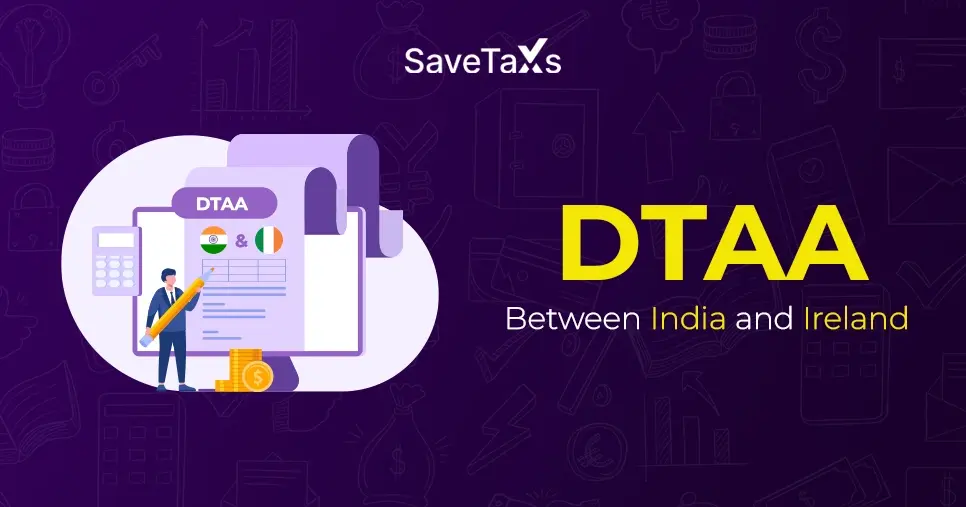
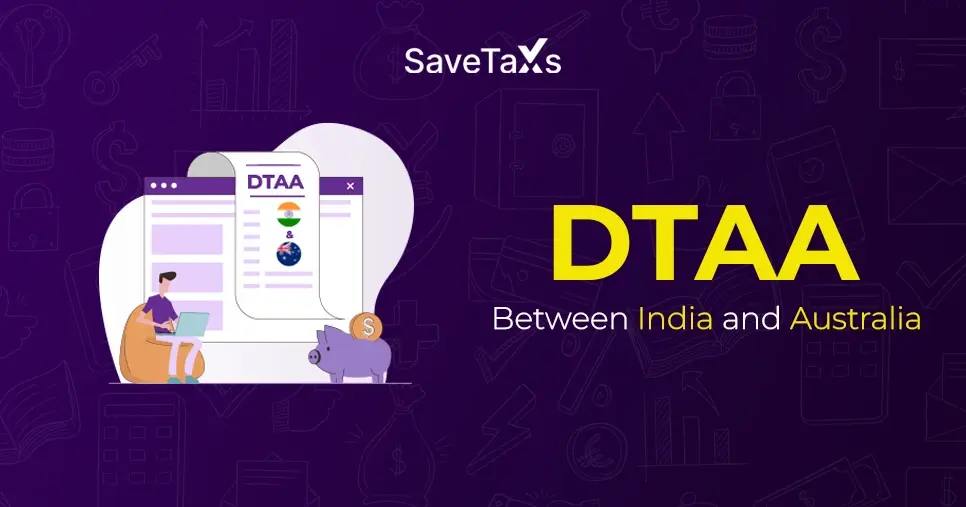
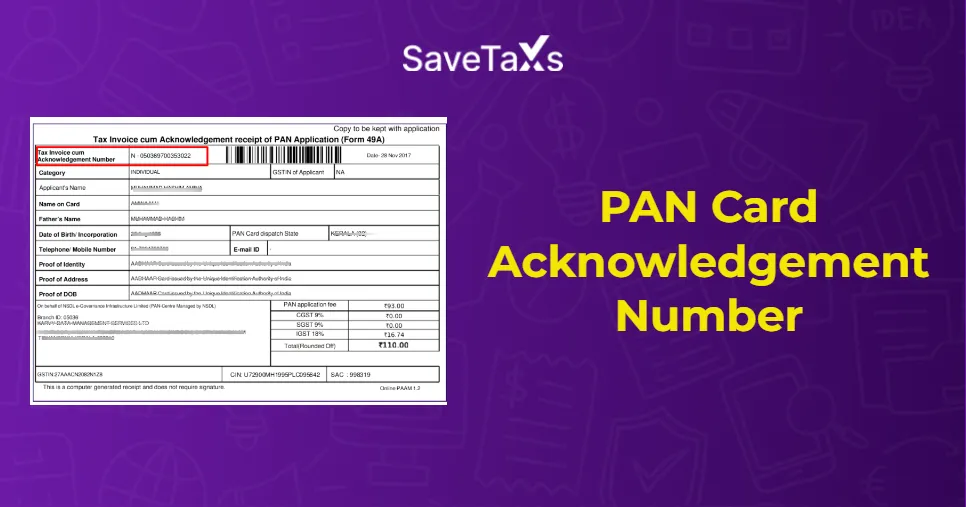
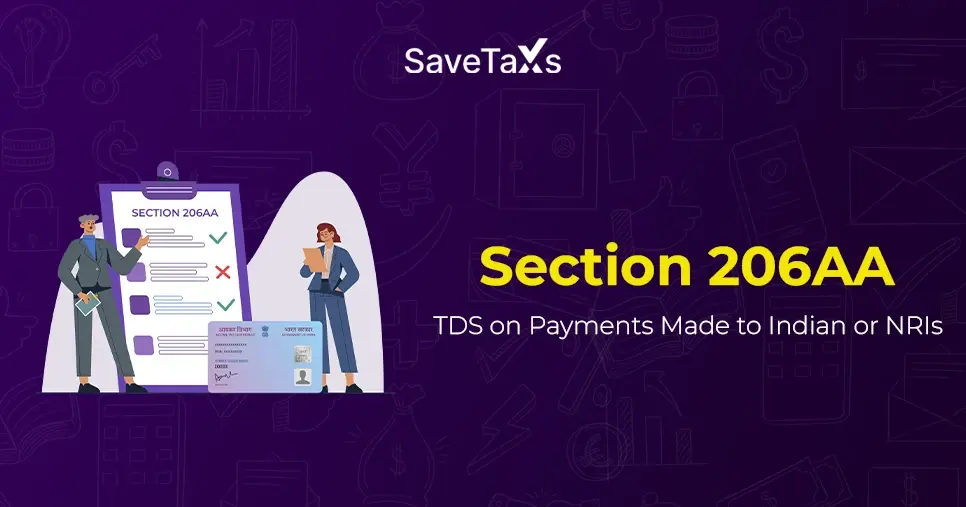
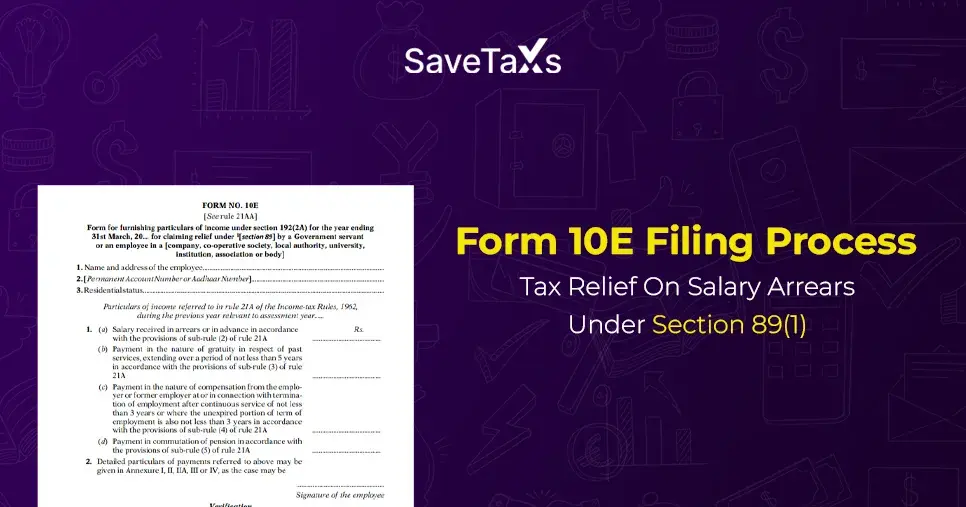
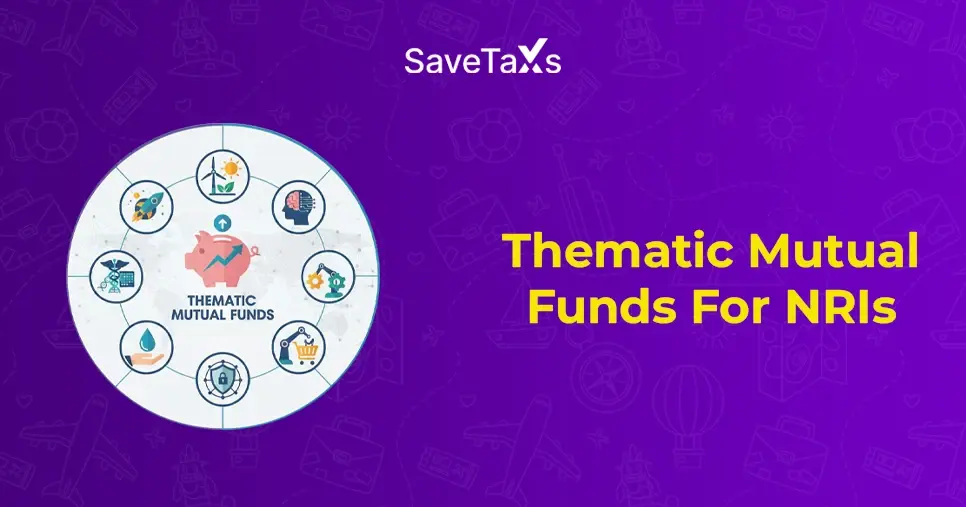
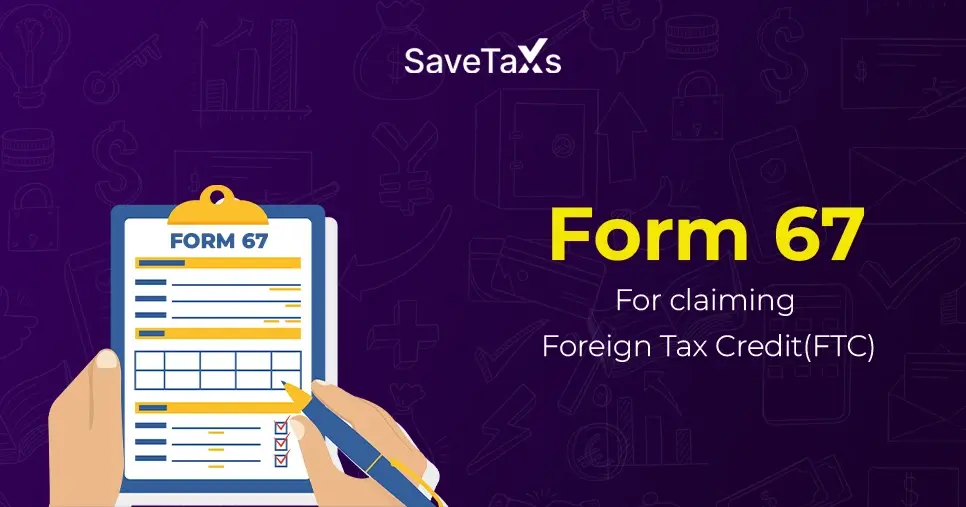
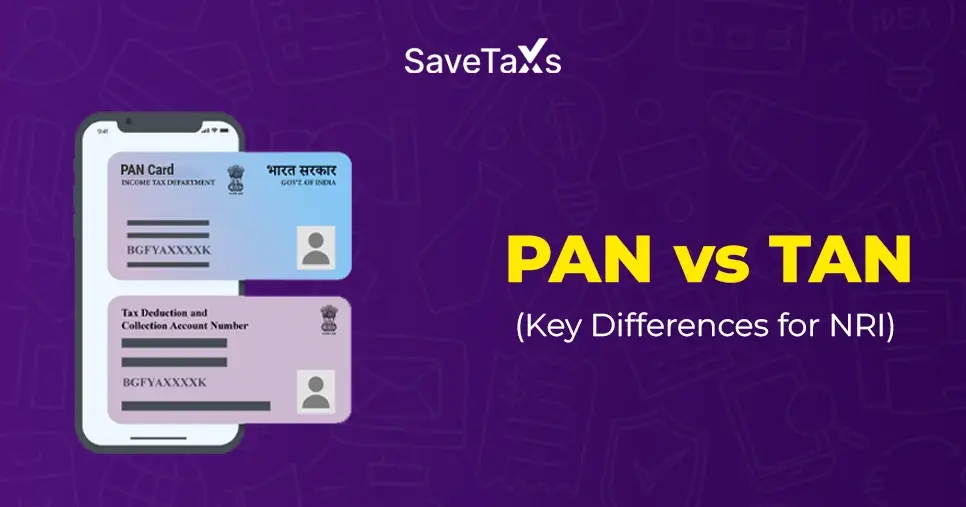
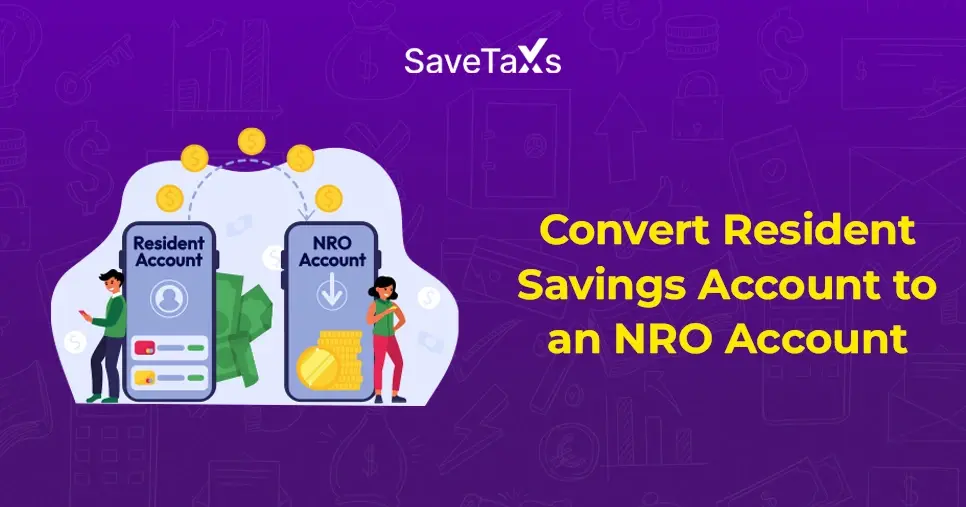


_1767429506.webp)
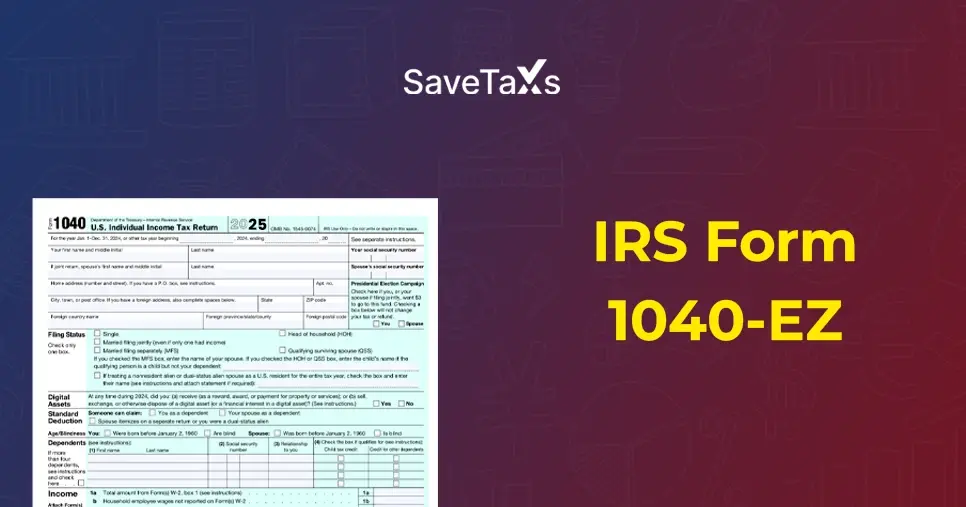
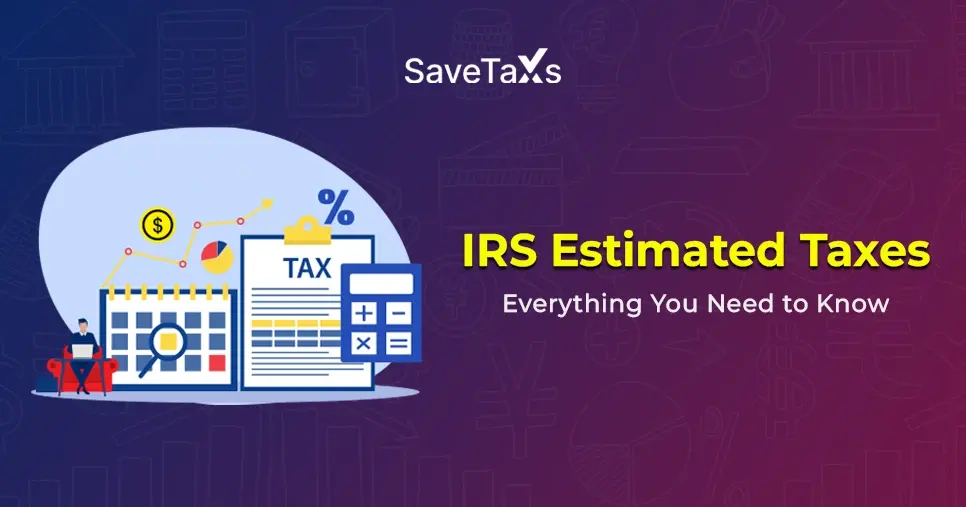
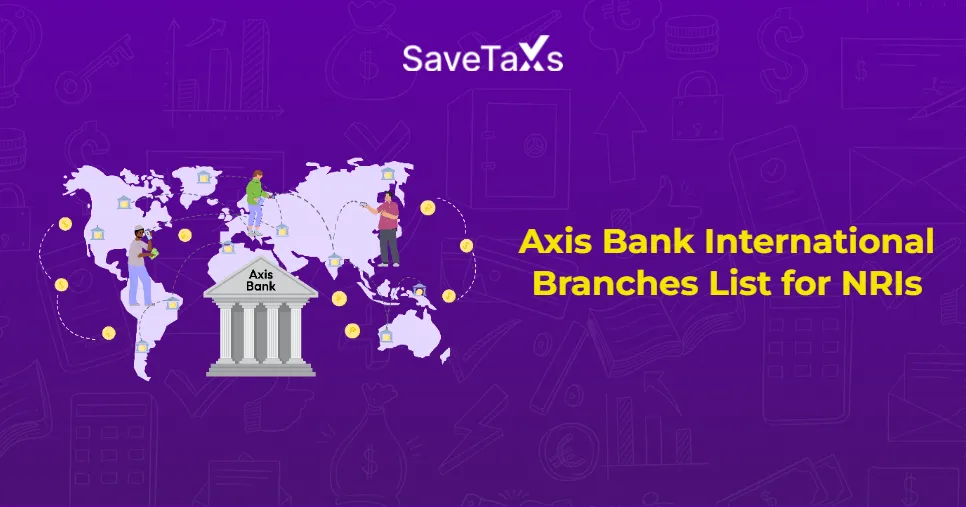

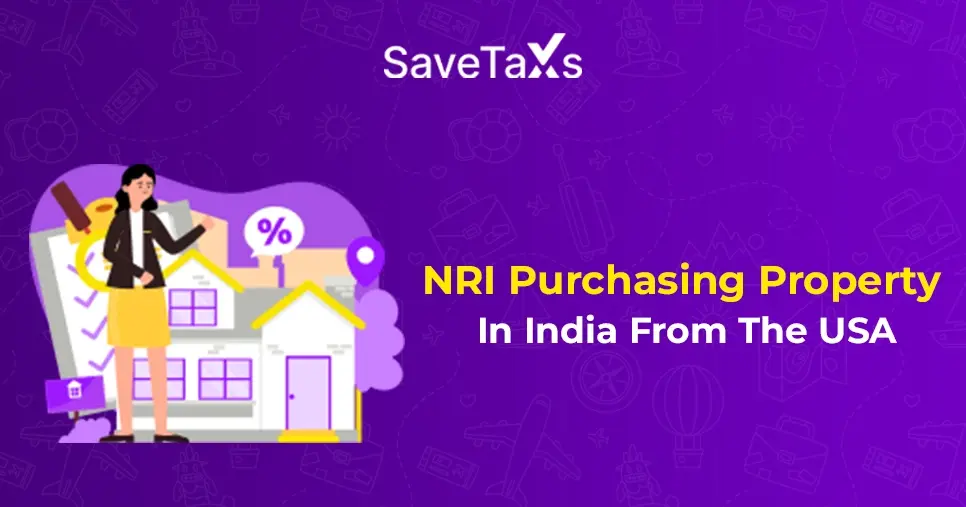
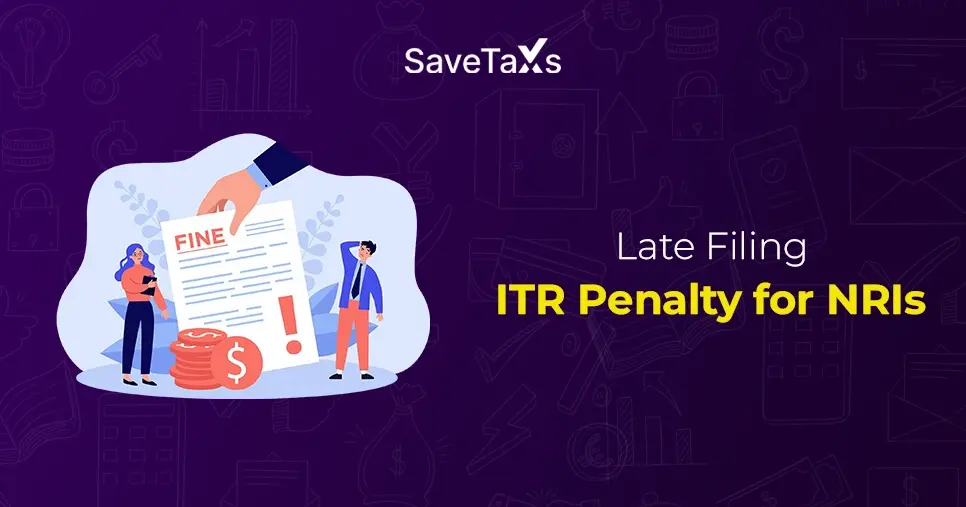
_1767080655.webp)

_1752921287.webp)